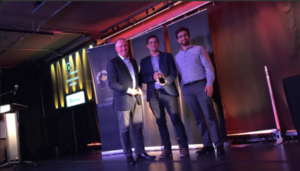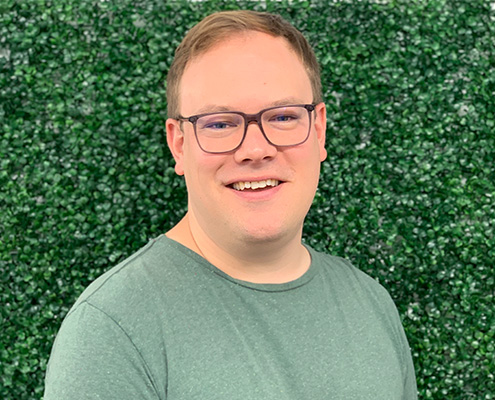Somerville, MA – November 1, 2017 – Via Science, Inc. is pleased to announce that they have been selected by PJM Interconnection LLC to work on a proof-of-concept that will help mitigate risks to fuel supply for electricity generation during extreme weather events.
The interdependence of the United States grid infrastructure makes the delivery of energy across the nation uniquely vulnerable to unpredictable events like extreme weather. While grid operators have spent decades preparing for such risk, the use of artificial intelligence shows great promise for improving grid reliability and security as well as mitigating potential issues before they occur.
Via Science will work on a proof-of-concept with PJM to help identify where specific risks are in the gas and electric interdependency system to ensure the grid is resilient during unexpected events, like a polar vortex.
“We are honored to have been chosen by PJM to help them ensure their more than 65 million customers have safe and reliable electric service, this winter and beyond,” said Colin Gounden, CEO of Via Science. “We are confident that the combination of our software and the decades of expertise within the PJM team will provide a better solution than either of them alone.”
After a live evaluation phase, it is anticipated that this initiative can move to full deployment using Via Science’s new blockchain application, allowing PJM to analyze transmission-specific data without the risks inherent in transferring data.
About Via Science
Via Science creates software applications that identify and prioritize risks to critical infrastructure using a combination of artificial intelligence, blockchain technology, and causal analytics. Headquartered in Somerville, Massachusetts, Via Science has developed its risk assessment algorithms in conjunction with some of the world’s leading companies and government agencies in energy and security. The company has been featured in Wired Magazine, The Wall Street Journal, and Forbes for its expertise in causal analytics software applications. For more information, please visit www.viascience.com.
About PJM
PJM Interconnection, founded in 1927, ensures the reliability of the high-voltage electric power system serving 65 million people in all or parts of Delaware, Illinois, Indiana, Kentucky, Maryland, Michigan, New Jersey, North Carolina, Ohio, Pennsylvania, Tennessee, Virginia, West Virginia and the District of Columbia. PJM coordinates and directs the operation of the region’s transmission grid, which includes over 82,000 miles of transmission lines; administers a competitive wholesale electricity market; and plans regional transmission expansion improvements to maintain grid reliability and relieve congestion. PJM’s regional grid and market operations produce annual savings of $2.8 billion to $3.1 billion. For the latest news about PJM, visit PJM Inside Lines at insidelines.pjm.com.


